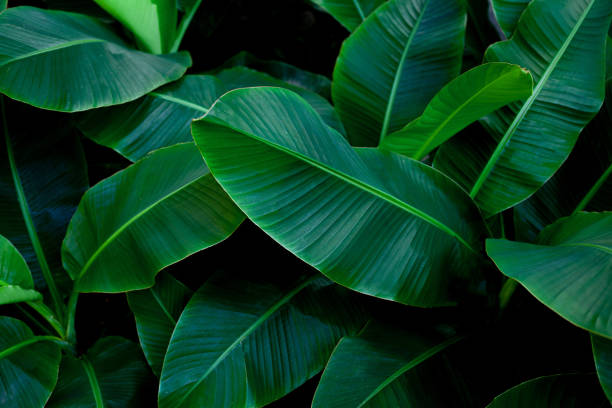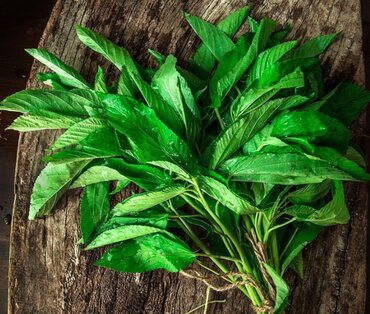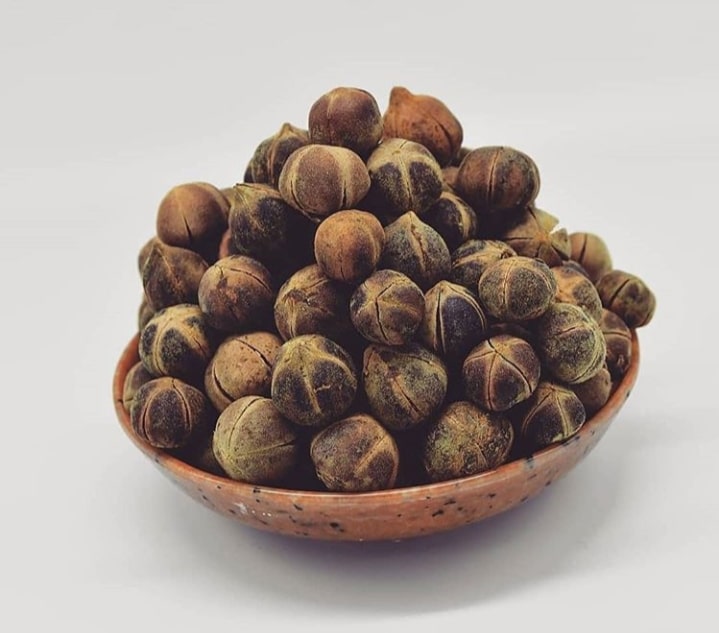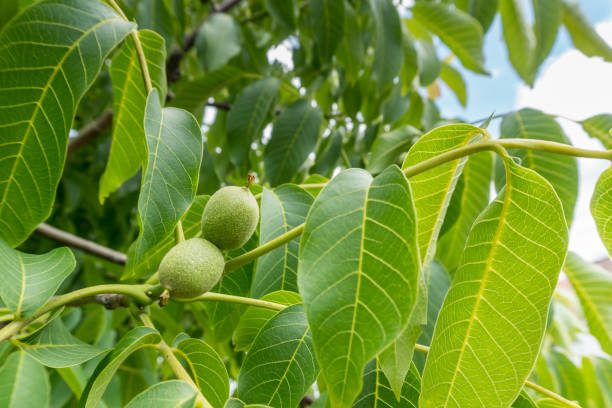Banana is one of the most popular tropical fruits commonly consumed worldwide. This fruit has many health benefits, but it is unknown to many people that banana leaves also have many health benefits.
Banana leaves are large, flexible, and waterproof leaves that come from the banana plant. They are commonly used in many cultures for various purposes, including cooking, serving food, and wrapping items. The leaves are typically bright green in color and have a glossy, waxy texture.
Banana leaves (both dried and fresh) are used for medicinal purposes. They have a lot of benefits to the human system and can cure ailments.
In this article, we will explore the several potential health benefits associated with banana leaves.
Nutritional Value Of Banana Leaves
Banana leaves, like other leaves, have a lot of health benefits. They are rich in plant-based compounds known as polyphenols, a type of antioxidant that fights diseases caused by free radicals in the body.
They contain a unique polyphenol called epigallocatechin gallate, or EGCG. It belongs to the family of catechins. It has strong antioxidant properties. It is also a great source of protein and carbohydrates. It contains a low level of fat.
7 Potential Health Benefits of Banana Leaves
Here are the potential health benefits of banana leaves:
1. Supports healthy skin
Banana leaf extract is used as an ingredient to make sunscreen gel for protecting the skin against harmful sun rays. It is advised you visit a dermatologist before using banana leaf extract as sunscreen gel; because some skin may react to it.
A 2003 study also found that that banana leaf was effective as dressing for skin graft donor areas.
2. May be effective for healing stomach ailments
The banana leaf contains digestive-enhancing properties, which are effective in treating and preventing diarrhea and dysentery.
To use banana leaves to enhance digestion, dissolve some banana leaves in hot water. You can boil it together with water. After that, let it cool and take it gradually. It helps in relieving symptoms of indigestion, flatulence, and acidity. This makes it effective in treating stomach ulcers.

3. Could help in managing diabetes
A study was conducted and showed that banana leaves contain anti-diabetic properties. Banana leaf extract was given to diabetic animals, and after that, it was noticed that insulin production raises, which led to the reduction of their blood sugar levels.
The banana leaf is rich in rutin, which helps to regulate the blood sugar level. However, this not be duly confirmed by human studies. So it is advised to go to the hospital when you have diabetes. Do not self-medicate.
4. Might reduce fever
Banana leaves are rich in astringents and antioxidants, which aid in reducing inflammation. The phytochemicals present in these leaves can fight fever due to their antimicrobial, anti-inflammatory, and antipyretic effects.
Most times, inflammations take the form of a fever. This is when the body temperature exceeds the normal limit. This sometimes happens because the immune system is fighting against an underlying disease.
The astringent content in banana leaves helps reduce fever effects that soothe and reduce your fever. A study showed that all parts of the banana tree could fight fever, including its leaves.
5. Contains anti-cancer properties
Banana leaf has a rich source of polyphenols and flavonoids that fights against cancer cells.
Antioxidants can be found in plant foods. They help the body fight against many ailments and disorders caused by free radicals in the body. Free radicals are substances produced during the breakdown of food in the body or when exposed to radiation or smoke.
It also helps in preventing micro-inflammations caused by free radicals. These micro-inflammations are so deadly that they can cause many deteriorating diseases, such as cancer, dementia, atherosclerosis, and Alzheimer’s.
6. Might relieve sore throat
Drinking banana leaves tea can help relieve sore throat, which is a virus-induced respiratory-related illness. A sore throat can be very painful; drinking the tea extract from banana leaves can help relieve the pain.
However, there’s still little or no medical research to ascertain this potential health benefit of banana leaves.
7. Bolsters the immune system
Dried banana leaves contain allantoin, a unique substance known for boosting the immune system, acting as an astringent and accelerating the healing process.
Banana leaves contain lectin, a type of protein that is abundantly found in banana leaves.
It has excellent immunomodulating properties that cause an increase in the count of T-cells in the body. T-cells are immune cells that help detect and mark pathogens in the body and send signals to B-cells for their elimination.
How Can I Use Banana Leaf?
There are many ways you can use banana leaves to maximize their benefits. Below are some of the ways:
- You can crush the fresh leaf with water to make juice to drink or apply it to the skin
- You can use it as a food wrapper for steaming meat, fish, and other food
- You can serve hot food with it. Here the heat from the food can absorb some of the leaf’s nutrients.
Conclusion
Banana leaves should be taken in moderation. If you are allergic to bananas or natural leaves, consult the doctor before using them. Also, consult the doctor if you have an underlying disease or a family history of banana allergy. Ensure you wash the leaf carefully with warm water and salt. Nonetheless, don’t try to use banana leaves to cure any ailments because there’s little medical evidence on the effects yet.
YOU SHOULD ALSO READ:
- 8 Potential Health Benefits of Pawpaw Leaves
- 10 Potential Health Benefits of Lemon Leaves
- 7 Potential Health Benefits of Baobab Leaves
- 7 Potential Health Benefits Of Hibiscus Leaves
- 5 Potential Health Benefits of Cassava Leaves
- 8 Potential Health Benefits of Orange Leaves
- Morinda Lucida (Oruwo Leaves): Health Benefits and Effects
- 6 Health Benefits of Hog Plums (Iyeye Leaves)
- 8 Possible Health Benefits of Yam Leaves
- 9 Health Benefits of Moringa Leaves and Ginger
Collins Nwokolo is a human physiologist, writer and health enthusiast. He loves writing helpful articles on health and fitness, which he enjoys sharing with everyone.










